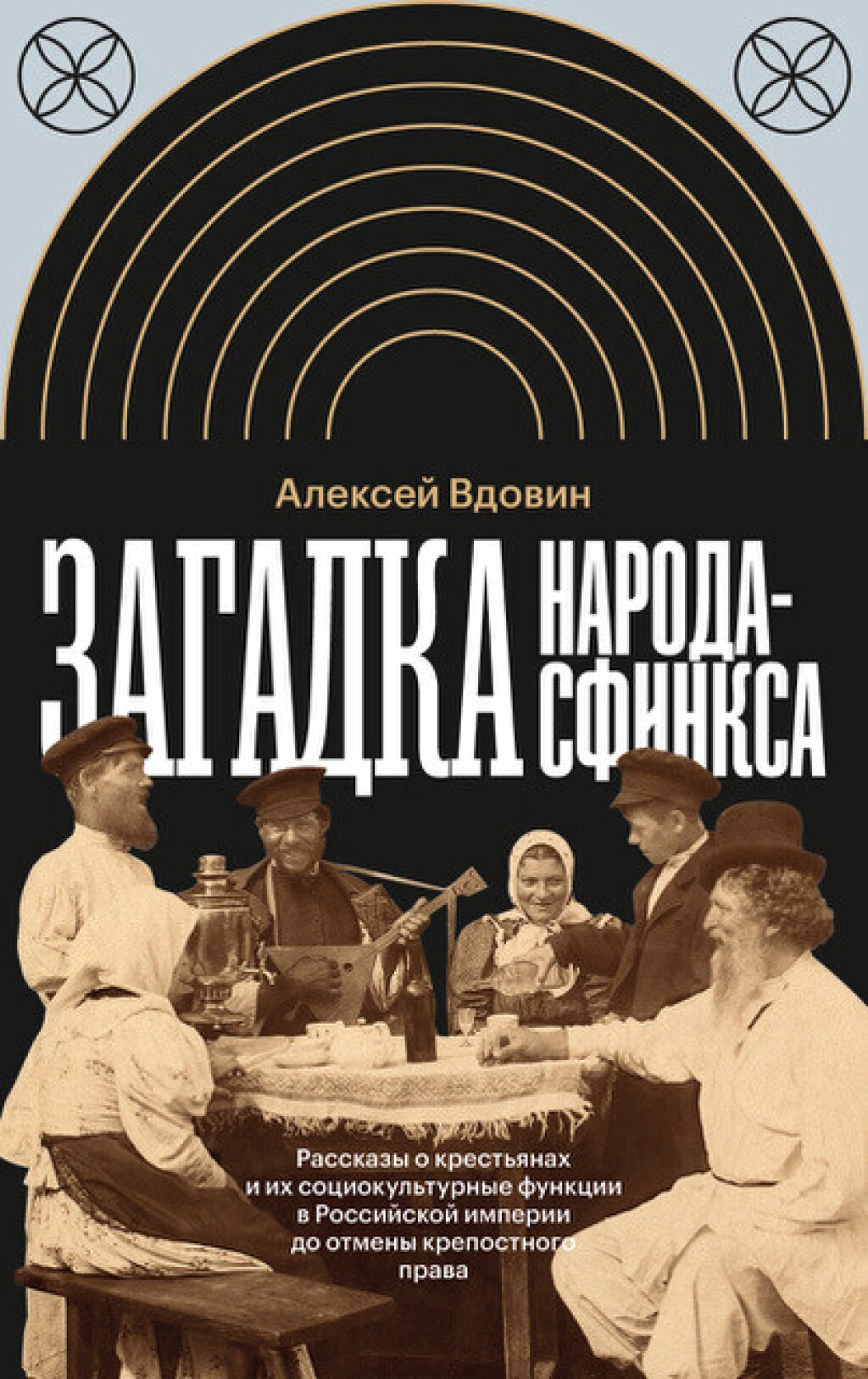This event will be hosted online. Click here to join the Zoom meeting.
Join us for another 19v seminar!
The genre of “stories about peasant life” was in vogue in the Russian Empire before the abolition of serfdom in 1861. Almost every canonical writer (Karamzin, Gogol, Grigorovich, Turgenev, Marko Vovchok, Leo Tolstoy, Saltykov-Shchedrin, etc) paid tribute to it, as did dozens of forgotten authors from the literary “archive”. The reading public of the nobility passionately consumed such stories and watched “folk dramas” in theaters. It has been generally accepted that stories about peasant life humanized the figures of peasants as full-fledged individuals with deep inner worlds and as emotionally equivalent to the nobility. But is it so? In this talk, based on his recently published book, Alexey Vdovin will demonstrate that approaches to the humanization and subjectivization of peasants in Russophone fiction were quite contradictory and led rather to the recognition of their otherness and to the formation of a special regime of representation involving the semi-transparent mind (a fictional construct). Moreover, the idyllic type of literary peasant that had dominated from the 1790 to 1830s, gave way in the 1840-1860s to peasants that had been shaped by the anti-idyllic mode and became the fictional perpetrators of murder, adultery, violence. Combining cognitive narratology, emplotment analysis and a socio-cultural perspective, Alexey Vdovin offers a innovative approach to what he calls ‘new model of peasant subjectivity’ in literature.



